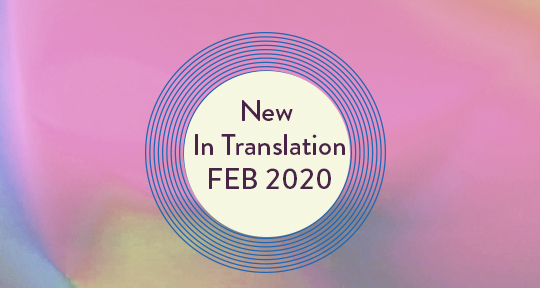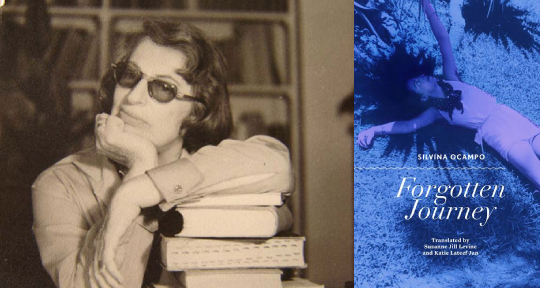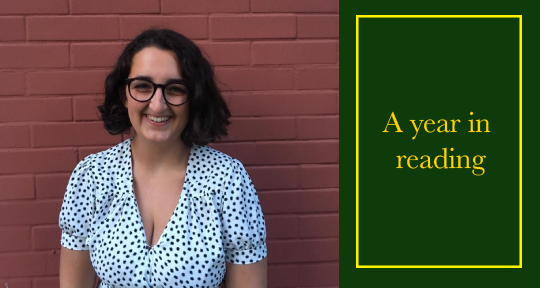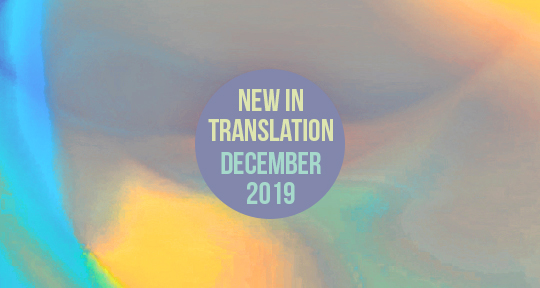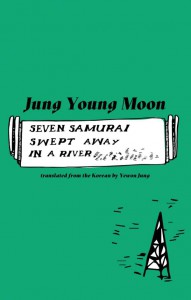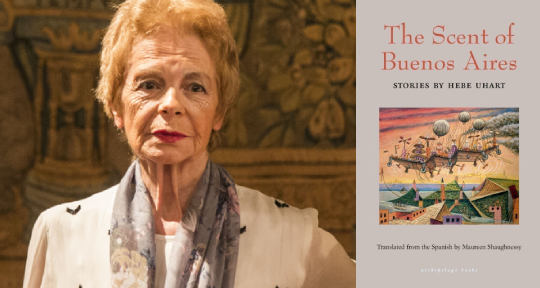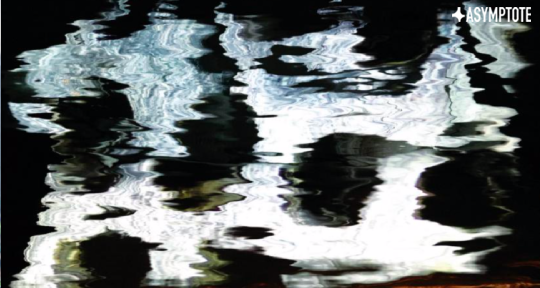Decisions about the books we read are more important than ever in the outpouring of the Information Age, so for this month, we bring you three texts of learning, authenticity, and artistry. An Argentine novel that rescues silence, a Hungarian volume that engages the incomprehensible, and a collection of Russian poetics from a master of Moscow Conceptualism—these works accentuate the diverse revelations and immense endeavours of world literature.
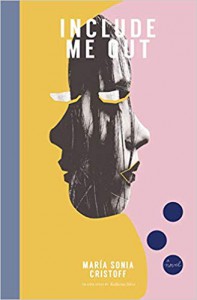
Include Me Out by María Sonia Cristoff, translated from the Spanish by Katherine Silver, Transit Books, 2020
Reviewed by Daniel Persia, Editor-at-Large for Brazil
A mishap at an international conference prompts simultaneous interpreter Mara to change course in Include Me Out, by María Sonia Cristoff, translated from the Spanish by Katherine Silver. Mara, tired of the monotony of her everyday interpreting, designs an experiment: she will spend one year in silence, as a guard at a small provincial museum outside of Buenos Aires. It is a job that will allow her to interact with nothing but her chair, she thinks. A job that will allow for stillness, for time to plant in her garden, she hopes. But when an unwanted promotion forces Mara to assist the museum’s gregarious taxidermist as he restores two of Argentina’s heroic horses, Gato and Mancha, an experiment in silence quickly transforms into frustration over static noise. A careful and deliberate portrait, pointedly translated, Include Me Out paints a memorable, authentic cast that stays with us long after we have finished reading.

